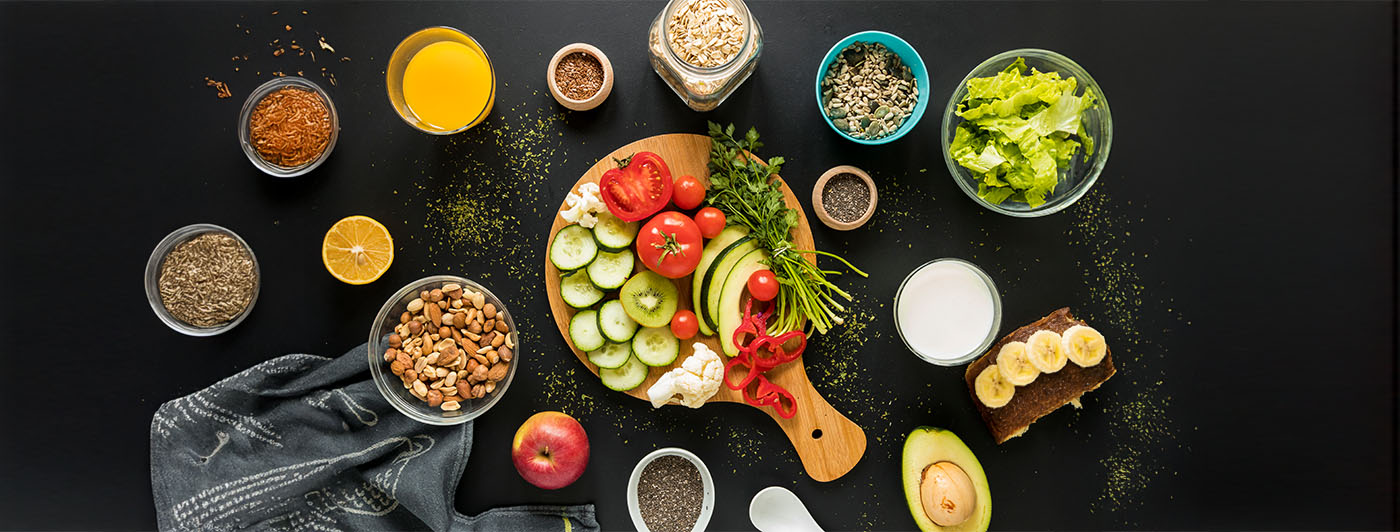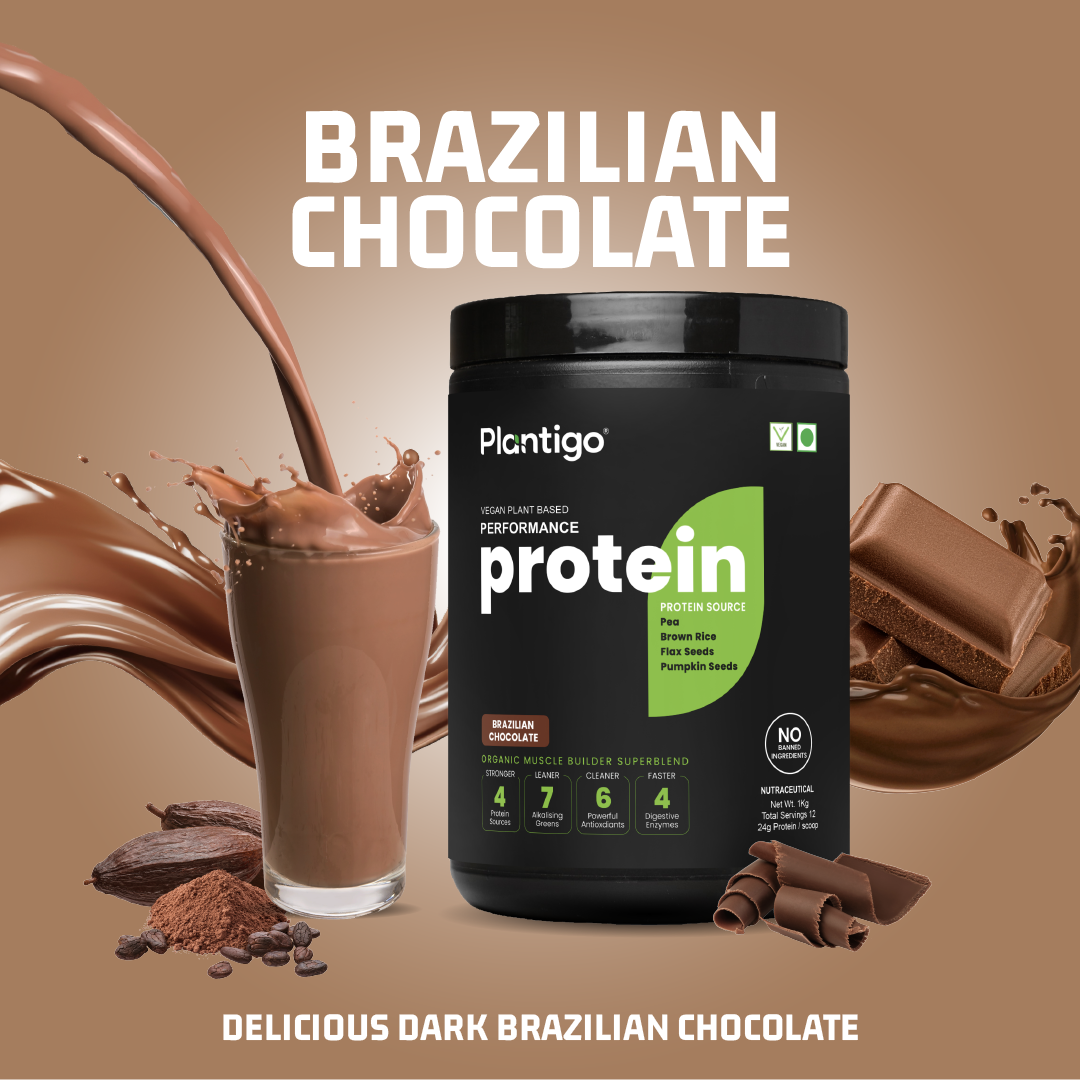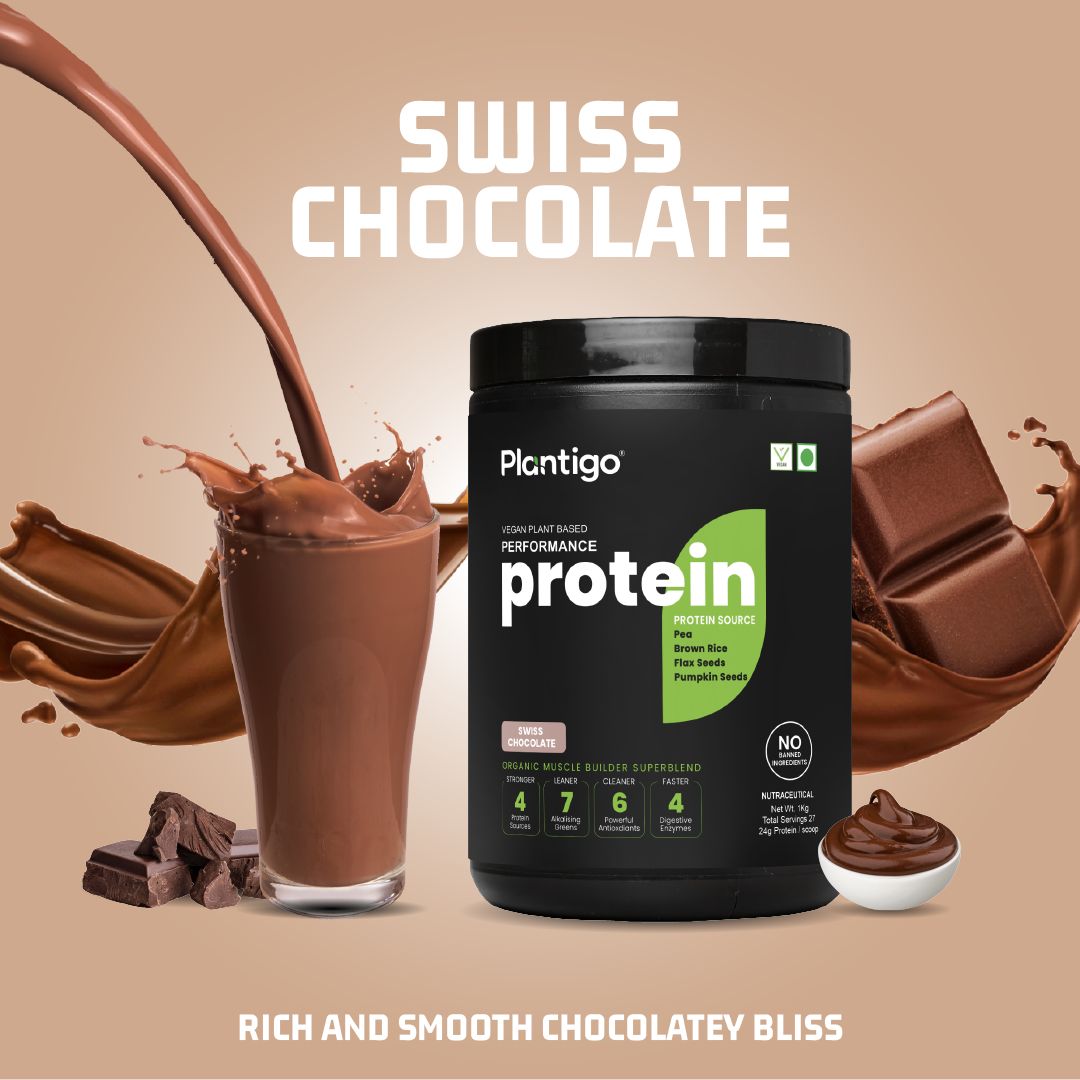Ever finish an intense workout only to wake up the next day sore, stiff, and drained of energy? That post-workout ache is your body’s way of asking for help—and what you feed it next can make all the difference.
Muscle recovery is a critical part of any fitness routine. While rest and sleep are essential, your nutrition plays a defining role in how efficiently your muscles repair and rebuild. Choosing the right muscle recovery foods doesn’t just ease soreness—it helps you train harder, perform better, and grow stronger over time.
These foods supply your body with amino acids to rebuild muscle tissue, antioxidants to fight inflammation, and essential nutrients to restore energy. And whether you prefer animal-based sources or rely on plant protein, there’s a recovery food for every lifestyle.
Let’s explore 11 of the most effective muscle recovery foods that help you bounce back faster and stronger after every workout.

1. Eggs
Eggs are one of the few foods that contain all nine essential amino acids in just the right ratios needed for muscle building. Their rich leucine content stimulates muscle protein synthesis—crucial after strength training.
What makes eggs truly effective as muscle recovery foods is their easy digestibility and bioavailability. Plus, they are rich in vitamin B12 and choline, which support nerve-muscle function and energy metabolism.
Boiled, scrambled, or poached—eggs are a reliable recovery staple.
2. Tart Cherry Juice
Tart cherry juice is loaded with antioxidants and anti-inflammatory compounds that can ease muscle soreness. These compounds help neutralize free radicals that build up in the body during intense workouts, reducing tissue damage.
This makes tart cherry juice one of the smartest additions to your muscle recovery foods list. It’s especially useful during heavy training periods or back-to-back workout sessions.
3. Quinoa
Quinoa is a plant-based food with a complete amino acid profile. It’s high in both protein and complex carbohydrates—exactly what muscles need post-exercise.
What sets quinoa apart is its rich magnesium and iron content. Magnesium supports muscle function and relaxation, while iron is essential for oxygen delivery to working muscles. For vegetarians and vegans, quinoa is a reliable go-to among muscle recovery foods.
It also happens to be one of the best plant based protein sources that’s naturally gluten-free.
4. Greek Yogurt
Greek yogurt contains both fast-digesting whey and slow-digesting casein proteins, giving your body a continuous stream of amino acids.
It also provides calcium for muscle contraction and live probiotics that support digestion and immunity—important for consistent training. Consumed with fruits or oats, Greek yogurt becomes a complete post-workout meal in itself.
Adding it to your list of muscle recovery foods helps improve protein utilization and keep soreness at bay.
5. Spinach
Spinach is more than a leafy green. It’s a nutritional powerhouse loaded with iron, magnesium, vitamin K, and antioxidants like beta-carotene.
Iron is essential for red blood cell production, helping deliver oxygen to recovering muscles. Magnesium supports muscle relaxation and nerve transmission. When paired with vitamin D foods for vegetarians like mushrooms or fortified tofu, spinach supports optimal recovery and bone health.
6. Salmon
Salmon is rich in omega-3 fatty acids, which help reduce muscle inflammation and soreness. These healthy fats enhance blood flow to muscles, accelerating nutrient delivery and repair.
In addition to being an excellent source of lean protein, salmon offers B vitamins and selenium that assist in energy metabolism. Including salmon in your muscle recovery foods plan helps promote overall tissue healing and reduces recovery time.
It’s also a smart protein choice for those on a calorie deficit diet who want lean recovery support.
7. Cottage Cheese
Cottage cheese is high in casein protein, which digests slowly and provides a steady release of amino acids over several hours—especially beneficial during sleep.
This makes it an ideal bedtime snack for muscle recovery. It also contains calcium and phosphorus, important for muscle contraction and skeletal strength. For women, it’s also one of the best protein for women when paired with berries or seeds.
Including cottage cheese in your regular diet ensures long-lasting protein availability for muscle repair.
8. Turmeric
Turmeric contains curcumin, a compound with powerful anti-inflammatory properties. While it’s not a direct source of protein or carbohydrates, turmeric helps reduce exercise-induced inflammation, supporting smoother and faster recovery.
When added to smoothies, teas, or curries (with a pinch of black pepper for absorption), turmeric becomes a natural and effective muscle recovery food for your daily routine.
9. Bananas
Bananas provide quick-digesting carbs that help replenish glycogen stores post-exercise. They’re also rich in potassium, which supports muscle function and helps prevent cramps.
This makes them ideal after cardio or endurance sessions. Pair them with almond butter or yogurt for a balanced recovery snack. If you’re also working on fat reduction and wondering how to lose face fat, bananas help manage cravings and stabilize blood sugar levels—important for total body fat loss.
10. Almonds
Almonds are packed with plant protein, healthy fats, and vitamin E—an antioxidant that protects muscle cells from damage.
They’re easy to carry, non-perishable, and great as a snack post-workout. For those on a low carb Indian diet, almonds fit right in without spiking insulin levels. Regular intake also complements plant protein needs, especially for individuals avoiding dairy or meat.
11. Plant-Based Protein Shakes
A well-formulated plant based protein powder—made from pea, rice, or hemp—can effectively aid muscle repair when whole food options aren't available. These powders offer quick absorption and are often enhanced with digestive enzymes or adaptogens to support recovery.
They’re convenient after intense strength sessions like cable machine back exercises, which place significant demand on the upper body and require rapid recovery nutrients.
Plant protein shakes are ideal for those looking to manage weight, minimize bloat, and support lean muscle growth—especially when you're including drinks to lose belly fat like green tea or detox water alongside.
Final Tips for Recovery Optimization
-
Timing matters: The ideal window for consuming muscle recovery foods is within 30–60 minutes post-exercise.
-
Balance your plate: Include a mix of protein, healthy fats, and complex carbs for sustained energy and repair.
-
Stay hydrated: Muscle tissues need fluid to repair and grow. Water and drinks to lose belly fat like lemon water and cucumber-infused water help flush toxins.
-
Train smart: Mix resistance workouts with compound movements. Don’t forget to train the posterior chain with cable machine back exercises for symmetry and strength.
-
Fat loss strategy: Incorporate strength training and consistent cardio alongside whole-food nutrition to tackle overall fat, including tips on how to lose face fat naturally.
Conclusion
Recovery is where real progress is made—not just in how you feel, but in how you perform. Whether you're aiming to build strength, boost endurance, or shed fat, the right muscle recovery foods are your secret weapon.
Don’t let your hard work go to waste. Add these 11 powerful foods to your routine to bounce back faster, train harder, and see lasting results. From protein-rich staples like eggs and Greek yogurt to plant-powered options like quinoa and almonds, every bite counts.
Fuel your body. Maximize your results. Feel the difference.
Start recovering smarter—one meal at a time.
Frequently Asked Questions
1. Which food is best for muscle recovery?
The best food for muscle recovery is eggs. They contain all nine essential amino acids needed to rebuild muscle tissue, along with leucine, which triggers muscle protein synthesis. Eggs are easy to digest and packed with nutrients like vitamin B12 and choline, supporting energy and muscle function. Other top muscle recovery foods include Greek yogurt, salmon, quinoa, and spinach.
2. What recovers muscles the fastest?
To recover muscles fast, focus on protein-rich foods like whey protein, eggs, and lean meats immediately after your workout. Combine this with complex carbohydrates such as quinoa or sweet potatoes to replenish glycogen stores. Hydration, sleep, and anti-inflammatory foods like tart cherry juice and turmeric also speed up recovery and reduce soreness.
3. What drink helps muscle recovery?
The best drink for muscle recovery is a protein shake, especially one made from plant based protein powder or whey. It delivers fast-absorbing amino acids for muscle repair. Tart cherry juice, chocolate milk, and electrolyte-infused water are also effective options that reduce inflammation, restore fluids, and support quicker recovery post-workout.
4. How can I bulk in 7 days?
While true muscle gain takes time, you can maximize bulking in 7 days by eating in a calorie surplus with high-protein meals every 3–4 hours. Focus on calorie-dense, muscle-building foods like eggs, quinoa, peanut butter, and plant protein shakes. Combine this with heavy strength training and adequate sleep to kickstart fast results. Stay consistent and track progress daily.
5. Is milk good for muscle recovery?
Yes, milk is good for muscle recovery. It contains both whey and casein proteins, offering a combination of fast and slow-digesting amino acids that support immediate and long-term muscle repair. Milk also provides calcium, potassium, and hydration—making it a natural, affordable option among effective muscle recovery foods.











